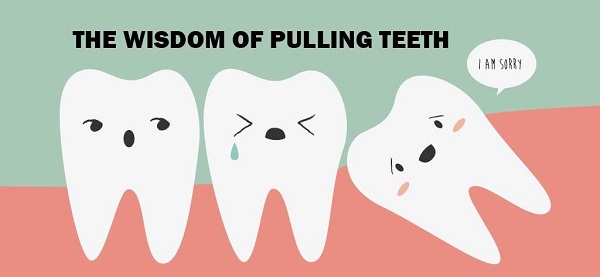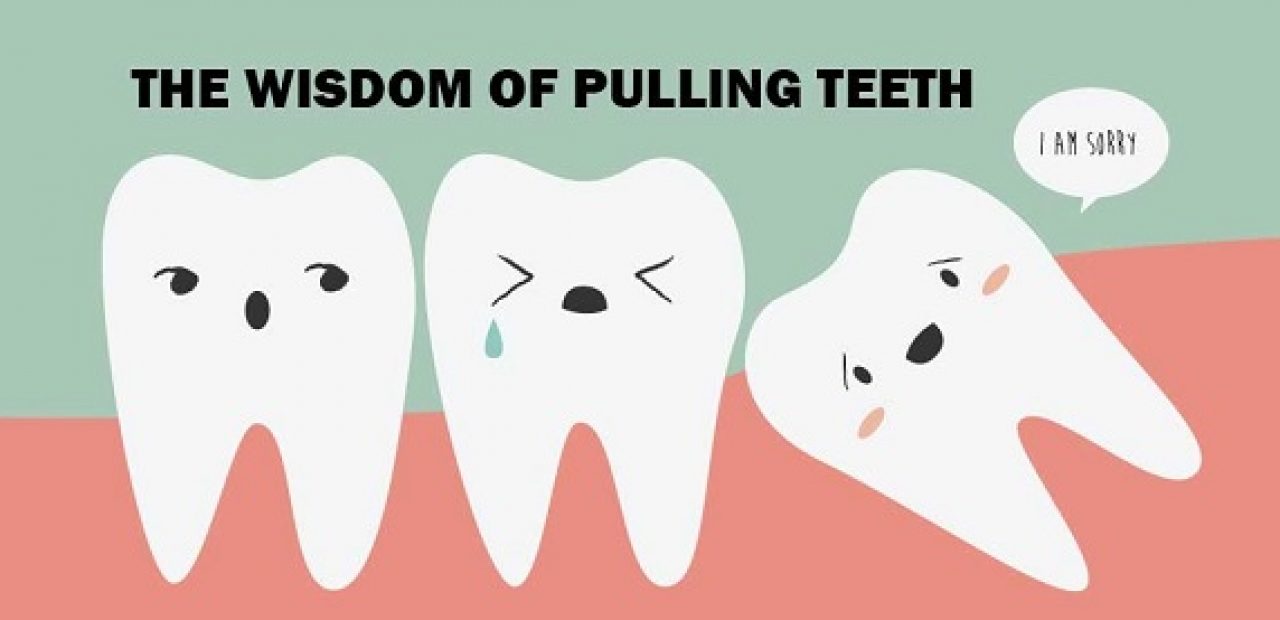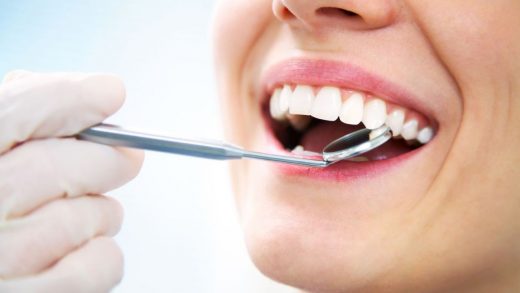In Depth Guide to Wisdom Teeth Extraction
Wisdom teeth are the last teeth to erupt and they usually come out in between the age of 17 and 25. If they align properly and the gum tissue is healthy, they do not have to be removed, however, this is something that doesn’t happen that often. Nowadays, lots of people have problems with their wisdom teeth and that renders wisdom teeth extraction necessary.
One of the main reasons for wisdom teeth removal is when they are prevented from properly erupting within the mouth. This means that they may grow sideways, remain trapped between the tissue and the gum, and partially emerge from the gum. Wisdom teeth can take many positions in the bone in order to find a pathway that will allow them to erupt successfully.

Unfortunately, the poorly positioned ones can cause a lot of problems, especially when they are partially erupted as that way bacteria might grow inside and around the tooth and cause an infection. As a result, the person might feel an enormous amount of pain, stiffness and swelling. What’s more, an erupted wisdom tooth may move other teeth and disrupt the orthodontic or natural teeth alignment.
Teeth removal of the offending impacted tooth or teeth usually resolves these problems. In fact, early removal is recommended to avoid future problems and decrease the surgical risk involved regarding the procedure. The key to having a successful wisdom teeth extraction is to find a professional and skilled dentist (orthodontist) as that way you can be sure that the final results would be excellent. If the orthodontist you choose is reliable and skilled, before the surgery he will ask you about any health problems you might have and will list any drugs you might need to take on a regular basis. Feel free to ask him/her any questions related to the surgery, anesthesia, etc.
The surgery itself should last around 45 minutes or less and depending on the wisdom tooth problem you will get local, IV sedation or general anesthesia. Keep in mind that each person is different, thus everyone can respond differently to anesthesia after the procedure. With local anesthesia, you might be able to go home immediately after the surgery and go back to work and to your normal daily activities. With general anesthesia, on the other hand, you would need someone else to take you home and you’ll have to rest for a couple of days after the surgery.
You may feel little or no pain at all after the surgery, but mild discomfort and little swelling will be present for around 3-4 days. Keep in mind that your mouth will need a few weeks to heal completely, so do not forget to follow the doctor’s instructions as to recover easier and faster.

















